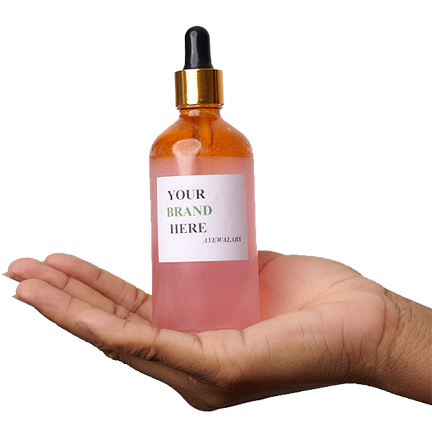When it comes to branding, there are many different options to choose from. Two of the most common are white label brands and private label brands. So, what is the difference between them? And which one is right for your business? In this blog post, we will explore the differences between white label and private label brands and help you decide which option is best for you.
The Definition Of White Label
White label is a branding strategy where manufacturers or suppliers produce products without any branding or designation of origin. Instead, the product is simply labelled with a name, logo and/or design chosen by the retailer or distributor. White labelling allows retailers to customize their products and differentiate them from competitors, creating an exclusive brand identity for customers. It also allows retailers to purchase products without the hassle of creating a unique identity or branding.
What’s The Difference Between Private Label Brand.
White labelling is a method of mass-producing generic products and distributing them to multiple retailers. On the other hand, private label brands are products that are produced by one manufacturer and sold exclusively under a single company’s brand. This gives retailers more control over the quality of their products. They can also leverage their own unique branding to distinguish their products from competitors and create an exclusive identity for customers.
Which One Should I Choose?
The decision to choose between white label and private label brands depends on the goals of your business. If you are looking for a quick and easy way to get your products into the market, then white labelling is the way to go. It requires less investment and provides greater flexibility in terms of branding and product customization. On the other hand, if you are looking for a more dedicated and customized approach to product manufacturing, then private labelling is the way to go. Private labels allow you to take full control of your brand identity and create an exclusive experience for customers.

